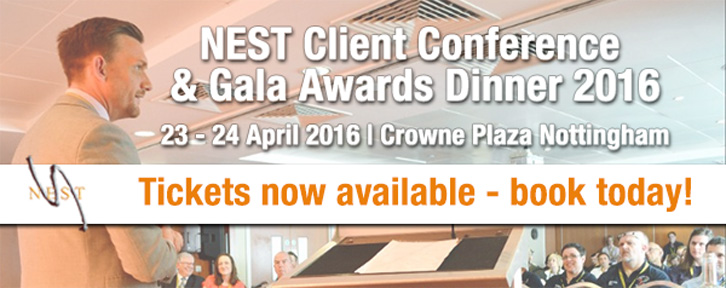I often find myself with a good idea of what I want to achieve at the end of a campaign, but then I will have to take a step back and work out how to get there. Sometimes this can be quite straightforward such as sending an email, but other times it can feel like there are not enough hours in the day to get it all done. It is times like this when planning can make a real difference by simplifying the journey towards your end goal.
Plan of attack
Having an idea of what you want to achieve is great, but it’s important to flesh out the details so you know exactly how you’re going to get there. Think about what methods you wish to utilise, is it online only? is it offline? do you want to do a bit of both? All important questions that will shape how you approach your campaign. Try to not to go too overboard with things, as you need to not only be realistic with the timeframes, but also with your workload and capabilities for managing it.
Tools for the job
Once you know how to approach the campaign, you need to decide on what tools or platforms you are going to use to help you. Online tools such as Facebook are very well established and can provide great results, but Facebook alone might not cover your entire audience or needs, so it is worth considering additional resources. Combining different resources can help increase the reach of your campaign which ultimately increases the chance of engagement, success and positive results.
Take the time
We can all be a little guilty of leaving things to the last minute, or running out of time when working on several projects at once. It’s not easy trying to balance everything, which is why it’s important to plan things out and be realistic with the time it will take to complete. Once you know what you are doing and the tools you are using, it can help shape a good idea of exactly how long everything should take.
Track the performance
Monitoring the performance of your campaigns is probably one of the most important things you should do. There are several ways you can go about this, such as Google analytics or asking how they heard about you. Keeping track of your campaign’s performance can help you make adjustments and improvements to performance, such as when you’re running a Facebook ad. When the campaign ends, you can take the results and use them to help influence the next one, seeing where things worked and potentially didn’t.
Evaluation
Once things are all said and done, it’s time to take a look back over everything. This may seem like a tedious step, but ultimately it is one of the most beneficial. Looking back over the campaign can help you to see what worked, what didn’t, what can be improved and if you achieved your goal. Taking this information into future campaign planning can help reduce some of the workload, avoid similar mistakes being made and hopefully improve the results the next time around.
If you would like to get some more suggestions for campaign planning, or would like some help with planning your own, you can download a copy of a marketing planner tool to help structure your campaign(s). Alternatively, you can send us an email marketing@nestmanagement.co.uk where we are happy to advise on your current campaign.







